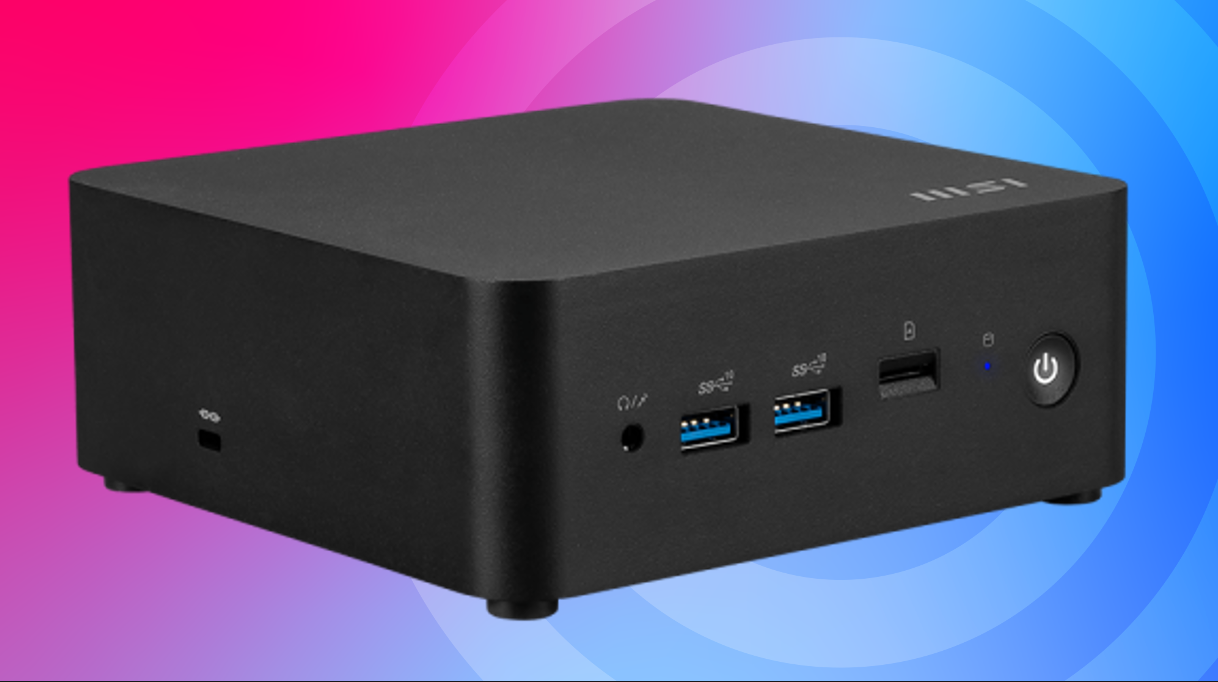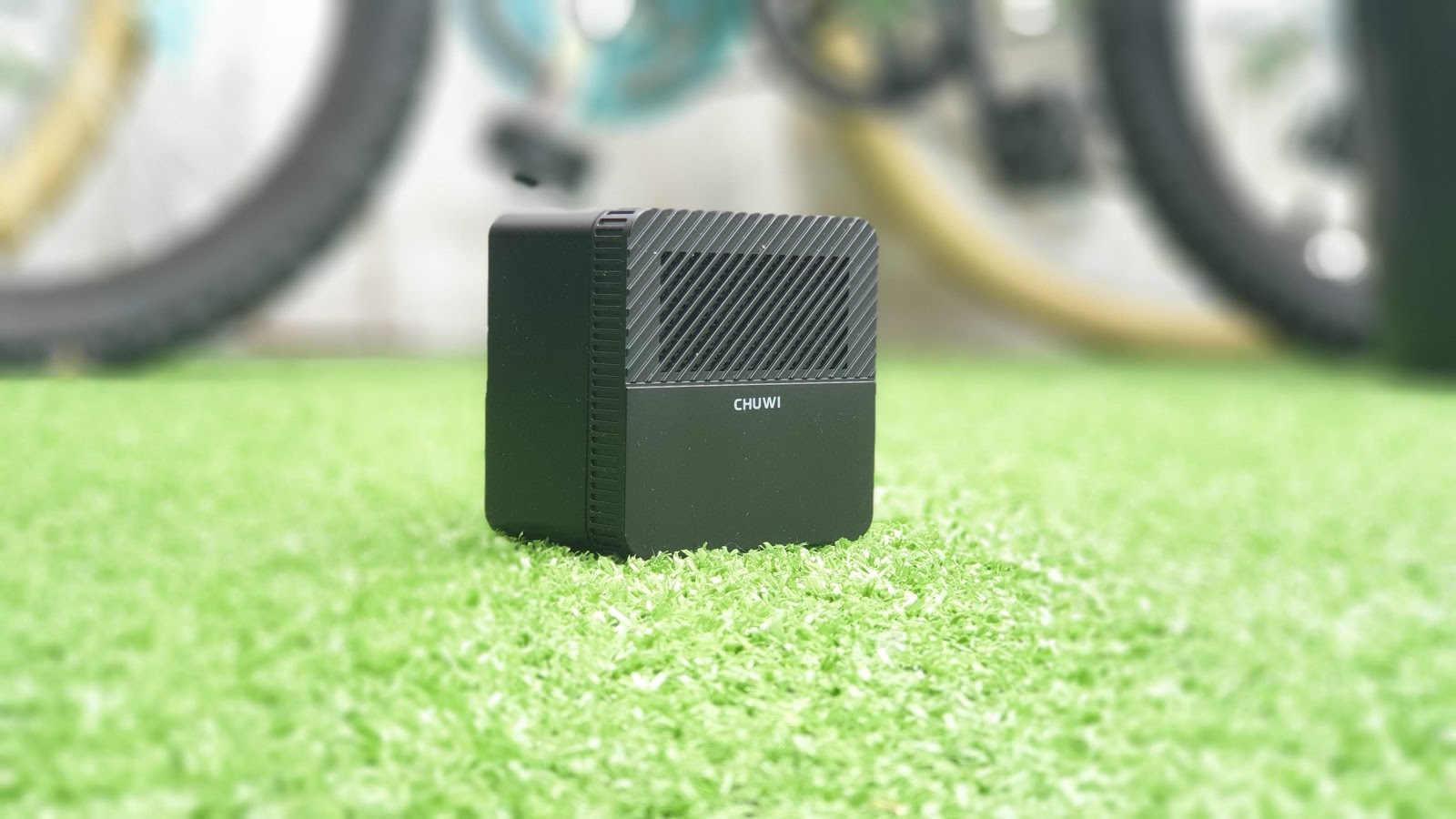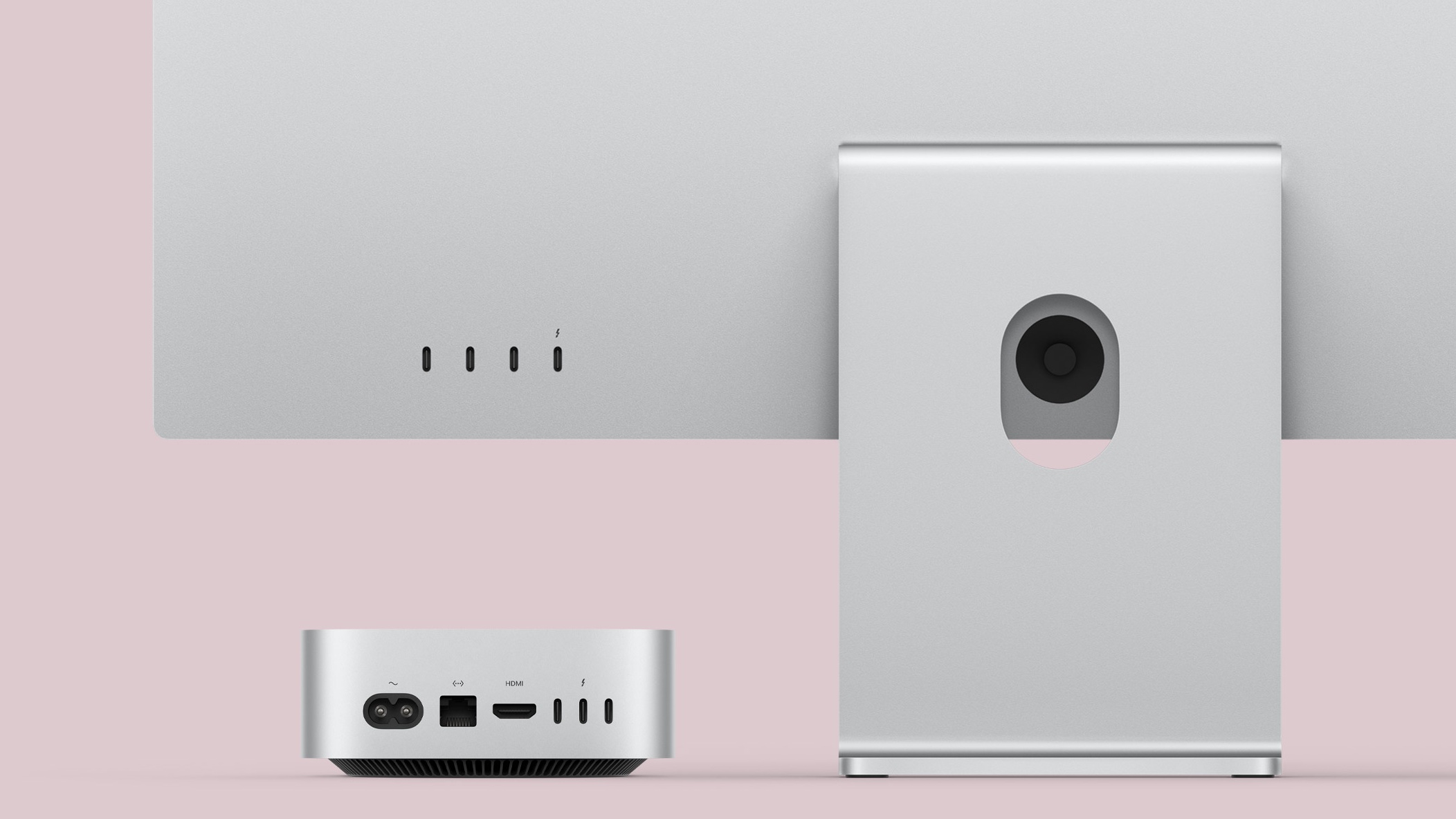
The mini PC represents the ultimate evolution of the computer which started with the mainframes from the 1950s down to the desktop PC that helped bring unfettered productivity to every desk and beyond.
The best mini PCs go much further; they combine desktop-class performance and feature set with extreme portability, thanks to a tiny volume.
Don’t get fooled by their size, these are truly little powerhouses, useful for such diverse use cases such as digital signage and public service, hotel/restaurant, education and even medical environments. Here’s why every business, big and small, should consider a mini PC for its computing requirements.
1. Easier to roll out
Gone are the days where you have to book a room or a lorry to carry dozens of desktop computers around. Mini PC weigh far less and take a smaller space than their PC cousins.
For example, the MSI’s next unit of computing (that’s what NUC stands for), tips the scale at just 625g (that’s 1.37lb) with a volume of just 0.826 liter. You could almost fit 20 of them (yes 20) in a small desktop PC. Some like the Chuwi Larkbox are even smaller, barely bigger than a Rubiks cube.
Thanks to their lilliputian sizes, mini PCs can go almost everywhere: in the glovebox of a car, in the drawer of an office desk, behind a monitor or a TV, the possibilities are truly endless. That means faster roll-out, less space taken on desk (if at all), which translates into significant time savings, shorter disruptions and lower installation costs. Ideal for hospitals or medical centers where downtime is simply not acceptable.
2. Lower power consumption
Unlike desktop PCs, mini PCs are powered by laptop components’ these consume less energy than their desktop-grade equivalents while being as performant. Lower power consumption translates into real cost savings but also less heat dissipation, less strain on internal cooling (e.g. the heat sink fan) and more compact power supply units.
As such, some models can even be powered through their Thunderbolt 4 ports, which support up to 100W Power Delivery, eliminating the need for an external traditional PSU, which can be particularly helpful for digital signage setups in exhibitions or events.

3. Better connectivity
Thanks to their size, mini PCs are usually accessible to the end user; being on a flat, decluttered surface helps with wireless connectivity as there are fewer obstacles to impede incoming radio waves. Desktop PCs are normally placed below a desk, often next to a wall and on the ground, away from sight, making Wi-Fi connections more troublesome.
In addition, many mini PCs have exceptional connectivity options, especially compared to similarly priced standard desktop PC. Some mini PCs have not one but two Ethernet ports and they’re capable of reaching 2.5Gbps, accelerating data transfer to new heights. A godsend for educational purposes when dealing with heavy file transfers.
4. Impressive versatility
You’d be forgiven to assume a mini PC has limited functionality but you’d be wrong. Like Mary Poppins’ magic bag or the Tardis from Doctor Who, there’s far, far more than meets the eye.
Take the NUC 1M for example; despite its tiny footprint (a bit bigger than a CD case), it can take two memory sticks, three SSDs and sports a whopping 15, yes 15, connectors and slots; three of these can be used to drive four 4K monitors, TVs or video walls, great for hotels and restaurants.

5. Maintenance friendly
Hear us out on that. Downtime is a productivity killer for businesses of any size. Every hour an employee can’t use his or her computer translates in real, tangible revenue lost and a dent on the bottom line. The size of a mini PC means that several can be kept onsite in case of emergency and as quick replacements should there be a hardware failure.
And because they use laptop parts which are de facto designed to withstand shocks, mini PCs are, in our view, less likely to fail and should they do so, their diminutive size means you can easily carry out maintenance anywhere, even in situ. As a bonus, some of them look quite nice. Apple's latest Mac Mini M4, arguably, the most powerful mini PC ever launched, is quite a looker.







